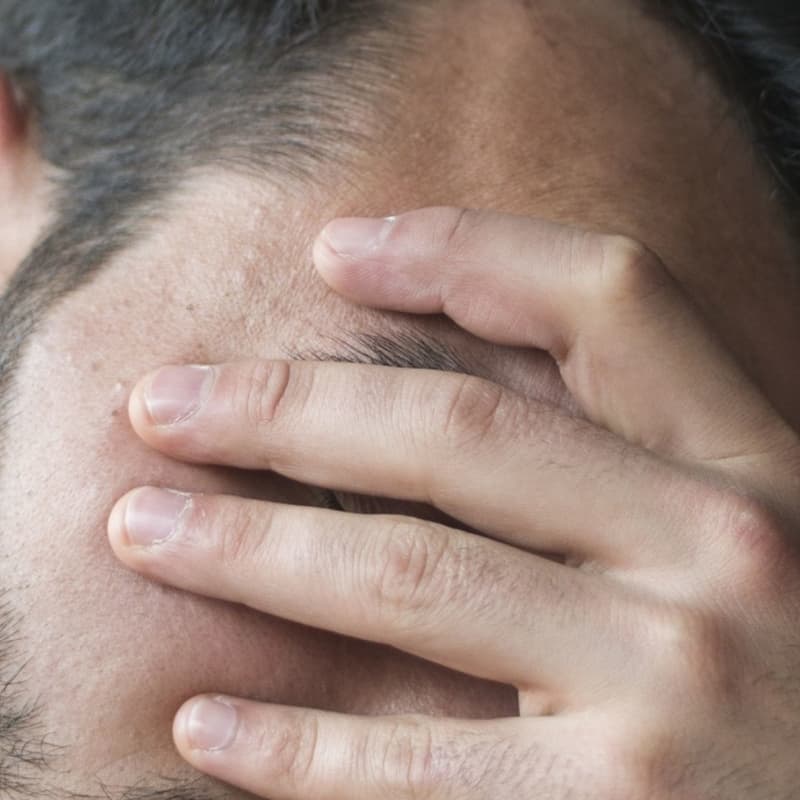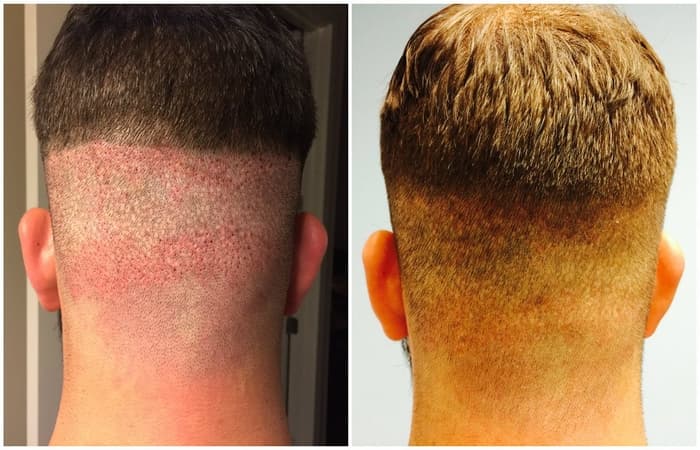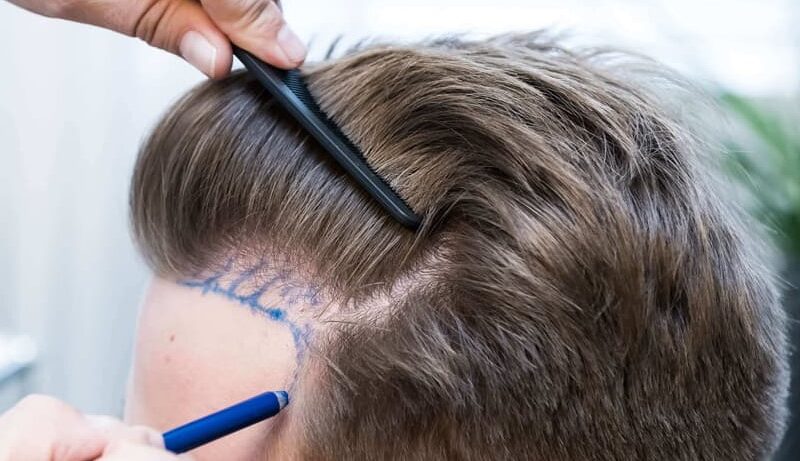Every single person in the world has a different immune system and body metabolism. Surgeons may suggest different types of procedures for people. People may also decide what kind of aesthetic procedure they would like to get. Since every person has a different medical bearing, complications after a hair transplant surgery may also vary from people to people.
Most complications like pain, swelling and bruising are caused by the immune system’s reactions to the surgical area. Some people’s immune system targets the hair follicles and sees them as a threat to the body and attacks them. During this conflict, people experience the mentioned complications during the recovery time and the transplanted hair falls out then grows back.
How to Reduce Hair Transplant Pain
Postoperative pain is not a permanent complication and generally occurs in the first week of the recovery. If you can handle the pain, the best thing that you should do is to wait. If you suffer from much severe pain, a doctor’s consultancy may be needed for the prescripted painkillers.
There are not so many cases related to the pain over the scalp, the surgical area of the patients. However, the most common causes are related to swelling. Swellings are also the results of an attacking immune system. If they combine with agonizing pain, don’t attempt to take drugs other than those suggested and prescripted by your surgeon. The surgeon knows your medical history, builds an individual surgery plan for you, so he/she also knows which drug is best for you.
Taking drugs without the knowledge of your doctor may result in further complications. If you fail to overcome these complications, this may result in a hair transplant failure or a skin disease like necrosis. In this case, the worst scenario is a repair job that will need the harvesting of more hair follicles from your donor area.







